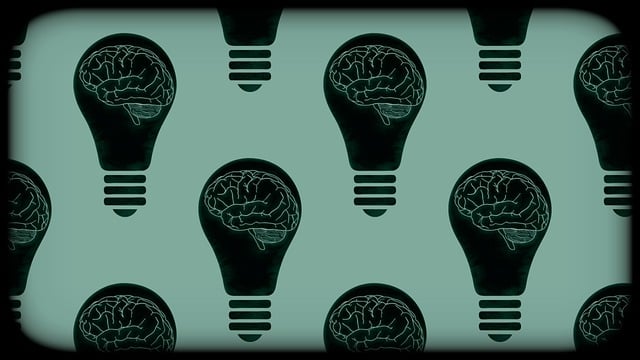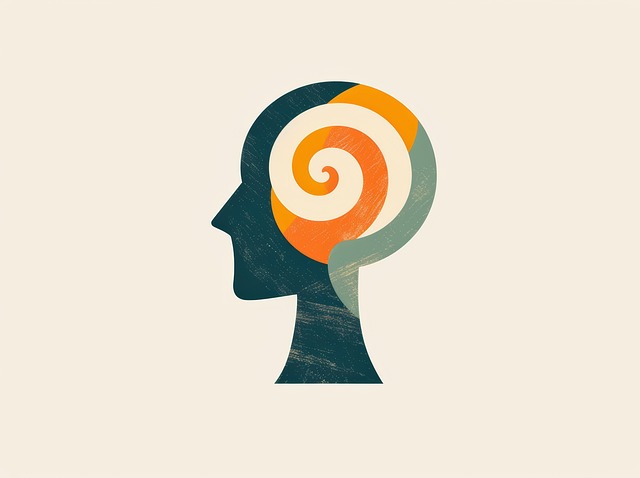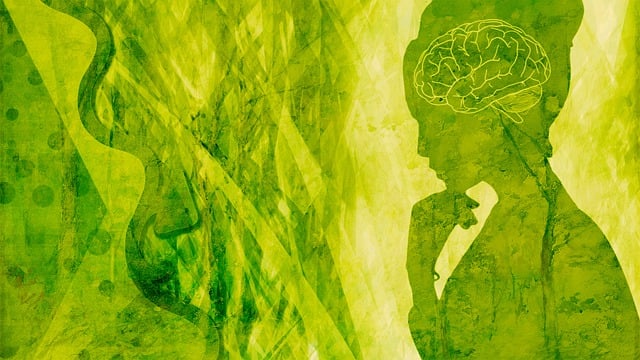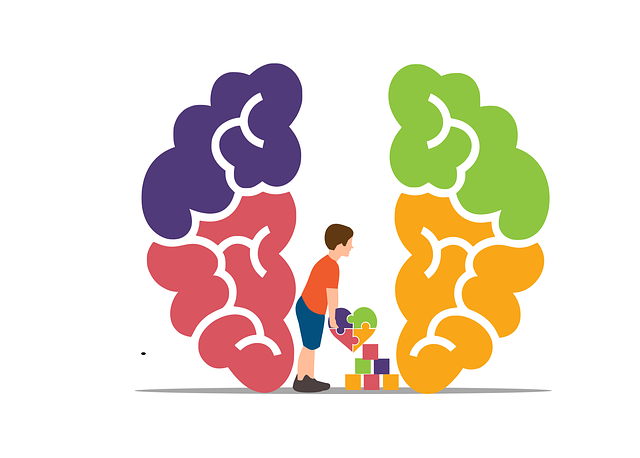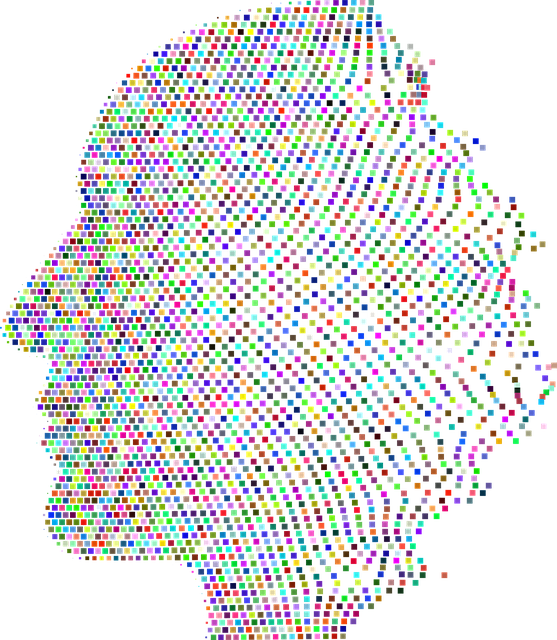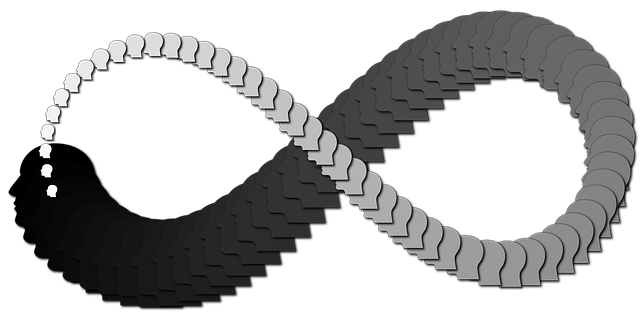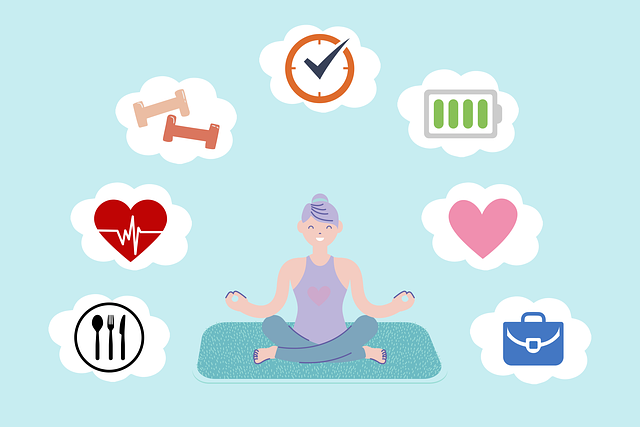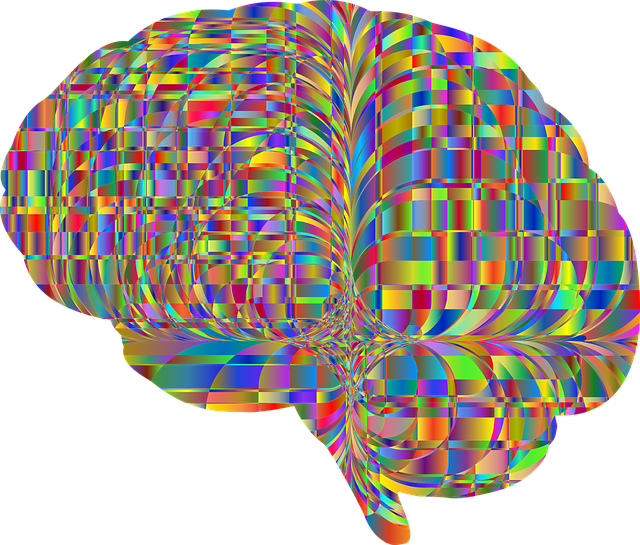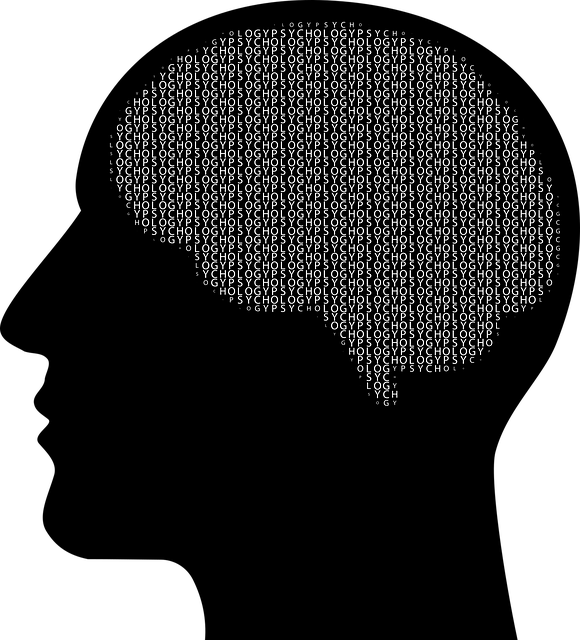Elderly anxiety is triggered by age-related stressors like health concerns, cognitive changes, and social isolation, with symptoms ranging from physical to behavioral. Effective therapy includes CBT, mindfulness practices, and risk management planning tailored to individual needs. Integrating Elderly ADD-ADHD evaluations provides insights for co-occurring conditions, addressing them through mental health education programs. For seniors with ADD/ADHD, specialized therapy is crucial as symptoms differ from younger individuals. Mindfulness exercises, physical activity, and strong social connections help manage anxiety, improving overall mental health outcomes. Consider therapy tailored to elders' needs and evaluations for co-occurring ADD-ADHD.
Anxiety among the elderly is a prevalent concern, often complex to manage due to its unique triggers and symptoms. This article explores effective strategies to combat anxiety in older adults, delving into traditional therapy approaches and the surprising connection between ADD/ADHD and anxiety. We provide practical daily coping mechanisms alongside long-term wellness tips. Understanding these methods can empower individuals to navigate and overcome anxiety, enhancing the quality of life for seniors through evidence-based practices and alternative evaluations, including ADD-ADHD considerations in therapy.
- Understanding Elderly Anxiety: Common Triggers and Symptoms
- Traditional Therapy Approaches for Effective Anxiety Management in Elders
- Alternative Evaluations: ADD-ADHD and Its Relevance to Anxiety in Older Adults
- Practical Strategies for Daily Anxiety Relief and Long-Term Wellbeing
Understanding Elderly Anxiety: Common Triggers and Symptoms

Understanding elderly anxiety requires recognizing its unique triggers and symptoms, which often differ from those experienced by younger individuals. As people age, they may face a myriad of stressors that contribute to their anxiety, such as health concerns, cognitive changes, and social isolation. Common triggers for anxiety in the elderly include fear of falling, loss of independence, financial worries, and grief over the passing of loved ones.
Symptoms can range from physical (e.g., rapid heartbeat, difficulty breathing) to emotional (e.g., irritability, restlessness) and behavioral (e.g., avoidance of certain situations, increased social withdrawal). Given these complexities, a comprehensive approach is necessary for effective therapy. Mental health professionals should consider tailored interventions, such as cognitive-behavioral therapy (CBT), mindfulness practices, and risk management planning, which can significantly enhance anxiety relief and improve overall well-being in this demographic. Additionally, integrating Elderly ADD-ADHD evaluations into the assessment process may provide valuable insights, ensuring that co-occurring conditions are properly addressed through tailored mental health education programs design.
Traditional Therapy Approaches for Effective Anxiety Management in Elders

Anxiety management among elders often involves traditional therapy approaches that cater to their unique needs and challenges. Cognitive Behavioral Therapy (CBT) has proven effective in treating anxiety disorders, helping seniors identify and change negative thought patterns and behaviors contributing to their distress. This form of therapy encourages a more positive outlook on life, fostering coping mechanisms tailored for age-related concerns.
Additionally, older adults with co-occurring conditions such as ADD/ADHD may require specialized evaluations and therapeutic interventions. Through tailored therapy sessions, elders can learn to manage symptoms, improve focus, and enhance overall well-being. Public awareness campaigns focused on mental health have played a significant role in encouraging open discussions about anxiety among seniors, promoting the importance of early intervention and access to quality care, including depression prevention strategies.
Alternative Evaluations: ADD-ADHD and Its Relevance to Anxiety in Older Adults

In recent years, there has been increasing recognition of the complex interplay between Attention-Deficit/Hyperactivity Disorder (ADHD) and anxiety disorders in older adults. Traditional evaluations often overlook the unique presentation of ADHD symptoms in this demographic, leading to misdiagnosis or undiagnosed conditions. Alternative assessments are crucial here, as they can provide a more nuanced understanding of an individual’s experience. By integrating specialized therapy for elders with ADD-ADHD evaluations, mental health professionals can tailor interventions effectively.
This approach is significant because many older adults exhibit different manifestations of ADHD symptoms compared to their younger counterparts. They may present with internalized restlessness, cognitive challenges, and difficulty organizing tasks—all of which can significantly impact daily functioning and contribute to anxiety. Incorporating conflict resolution techniques and mental health education programs designed with these specific needs in mind can empower individuals to manage both conditions holistically. Moreover, understanding the underlying mechanisms through Mind Over Matter principles offers a powerful tool for self-regulation and improved mental well-being.
Practical Strategies for Daily Anxiety Relief and Long-Term Wellbeing

Anxiety management is a multifaceted approach, especially for elders dealing with ADD-ADHD symptoms that can exacerbate stress and worry. Practical strategies for daily relief include incorporating self-awareness exercises into their routines. Techniques like mindfulness meditation, deep breathing, and journaling can help individuals gain insights into their triggers and develop healthier coping mechanisms. These practices enhance self-regulation, a crucial aspect of managing anxiety in the long term.
Beyond immediate relief, building resilience is key to sustained wellbeing. Engaging in regular physical activity, adopting healthy sleep habits, and cultivating strong social connections through community outreach program implementations can significantly reduce anxiety levels. By fostering a sense of belonging and purpose, these strategies empower elders to navigate life’s challenges with greater ease and confidence, leading to improved mental health outcomes.
Anxiety management is a multifaceted approach, especially for elderly individuals. By understanding common triggers and symptoms, we can employ effective traditional therapy techniques tailored to seniors’ needs. Additionally, recognizing the interplay between conditions like ADD-ADHD and anxiety is vital for comprehensive care. Integrating alternative evaluations ensures personalized strategies for daily relief and long-term wellbeing. Combining these approaches can significantly enhance the quality of life for elders, offering them tools to navigate and manage their anxiety effectively.

